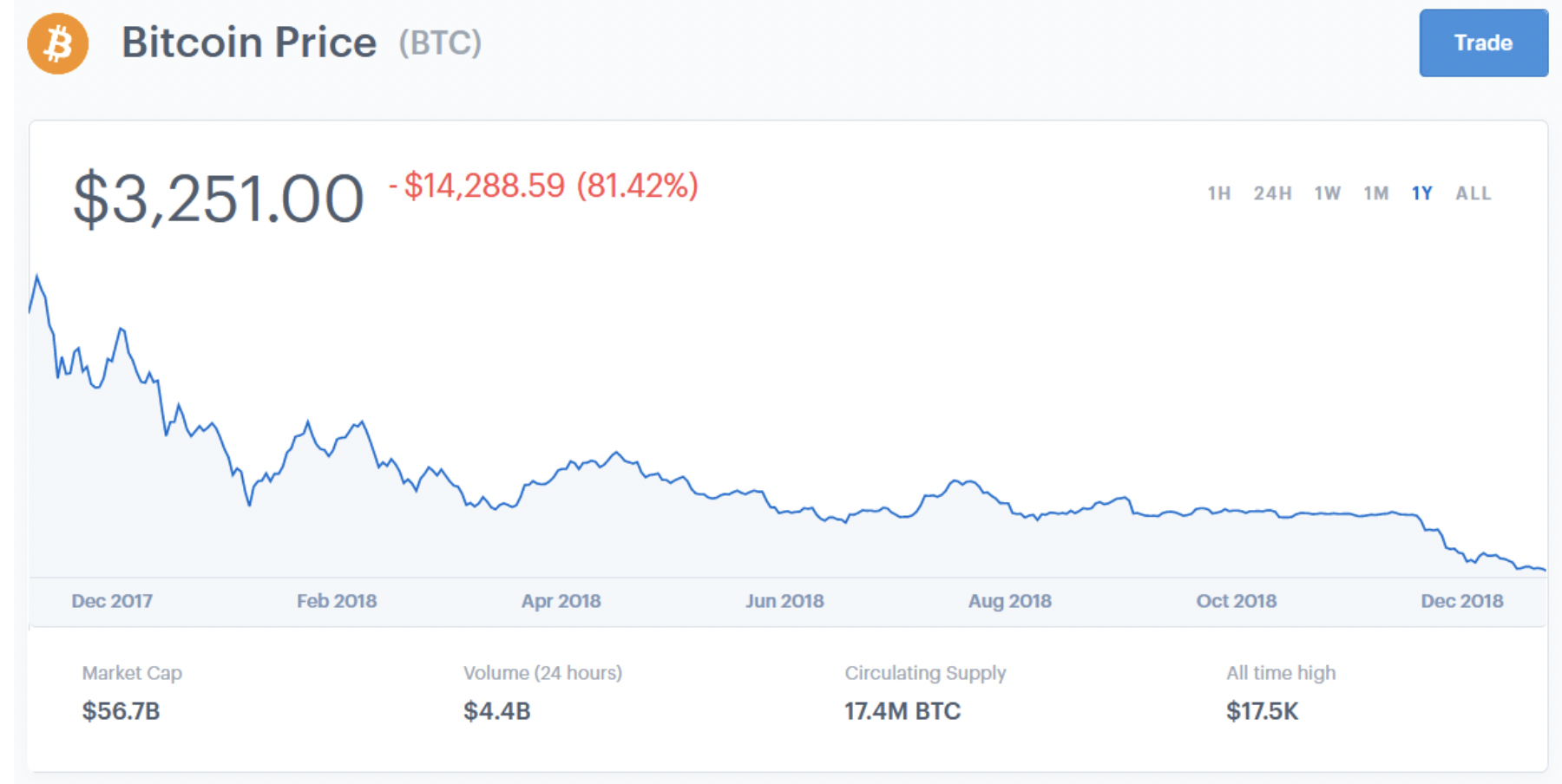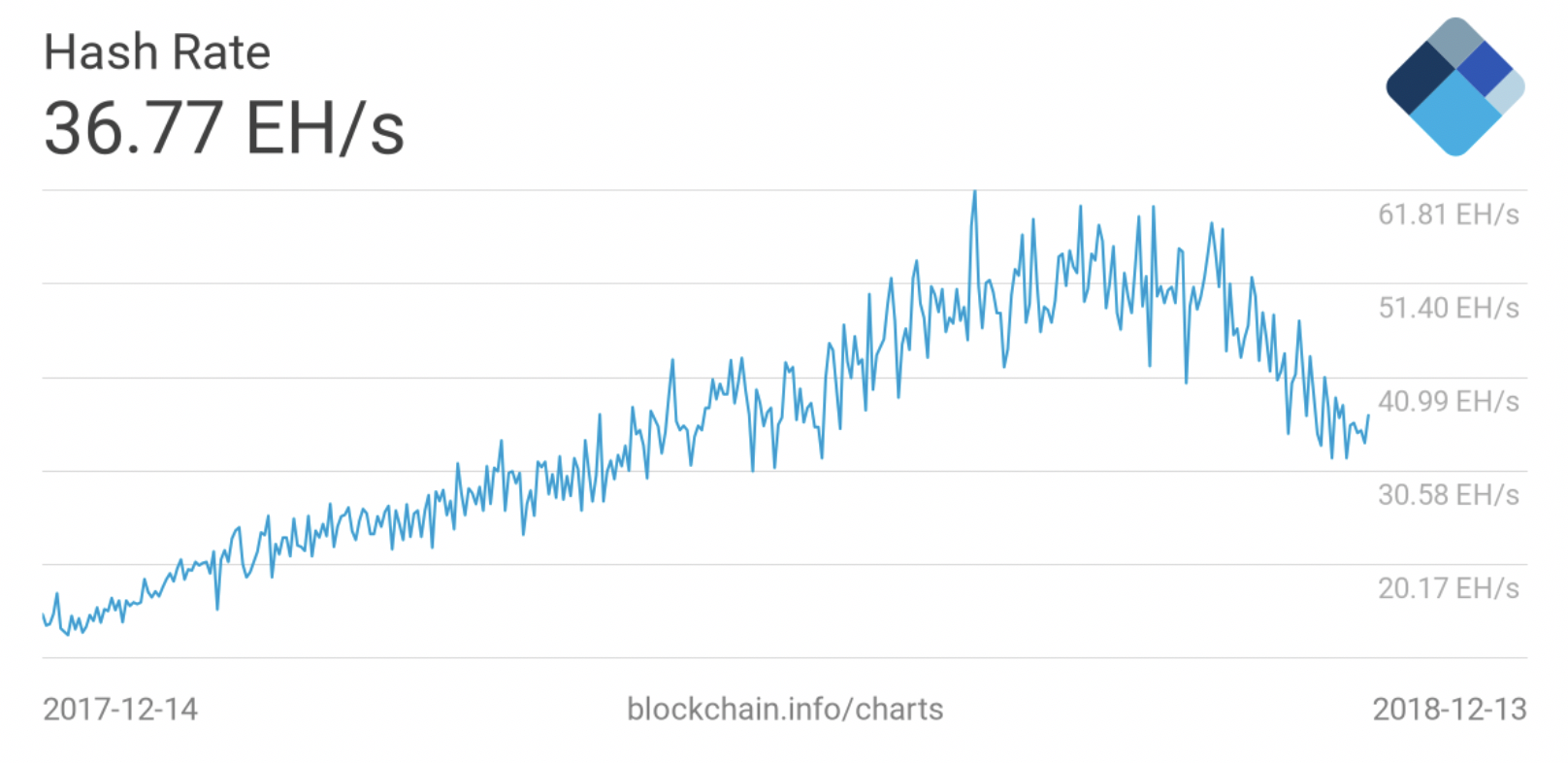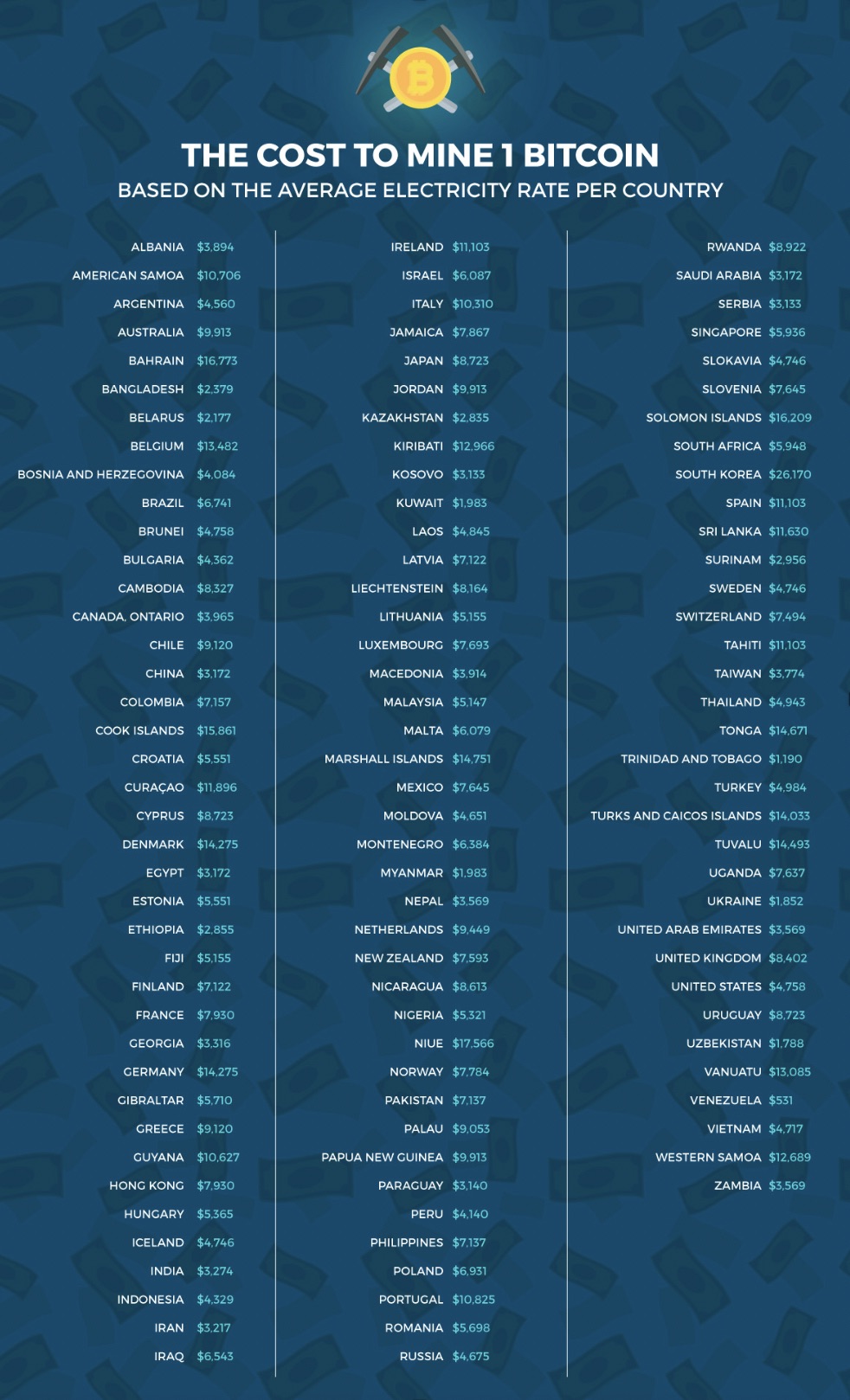In the current environment of a prolonged crypto selloff, mining offers an alternative and more predictable way to make money in the high-risk industry. Mining really is an energy arbitrage play where the miner’s profits are dictated by three main factors: electricity costs, cost of mining equipment and related overheads such as cooling costs.
As long as the combined costs of mining a bitcoin remain below the price of bitcoin, a miner is able to make money. Mining usually demands higher upfront costs but can offer more sustainable longer-term returns than trading.
Unfortunately, even miners eventually start feeling the pinch whenever things go to the dogs. Bitcoin has been in a dangerous tailspin over the past five months, and many bitcoin miners have been forced to close up shop as is clearly evident by the alarming decline in bitcoin hash rate since August.

(Click to enlarge)
Source: CoinBase

(Click to enlarge)
Source: BlockChain
Not everyone is out for the count though …
Miners in countries with low power costs can continue doing business long after everyone else has hung up their boots.
Take Iran, for instance--a country blessed with dirt-cheap power thanks to an over-abundance of even cheaper natural gas. Power costs in Iran can go as low as $0.006 per kilowatt-hour, about 6 percent the U.S. average.
Energy costs account for 90-95 percent of bitcoin mining costs, which implies that miners in these countries are at a distinctive advantage compared to the vast majority of miners in other parts of the globe. Related: Gibraltar Flare-Up Could Further Complicate Brexit
When bitcoin prices get as squeezed as they are right now, miners seek out countries like Iran which can support much lower prices. American sanctions against Iran have led to the rial plunging more than 10 percent and made the cost of living unbearable for the average Iranian.
Yet, Iran’s competitive power advantage is so great that it’s even luring miners to relocate.
Indeed, Nima Dehqan, a blockchain researcher at a Tehran-based Areatak, has told CoinDesk that the migration process is underway, with Chinese miners beginning to set up base there. Chinese crypto mining millionaire Chandler Hongcai Guo has even posted a video on his Weibo account encouraging miners to take advantage of Iran’s cheap power.
Meanwhile, bitcoin investors from Spain, France, Armenia and Ukraine have paid a visit to their farms to do some reconnaissance.
Sanction Complications
For investors who find Iran’s mining promise too alluring, there’s a big risk—the country’s geopolitical instability. The country’s Islamic Revolutionary Guard Corps retains a significant sway on the border and has power to decide which shipments come into the country.
Dehqan sought to temper the idea that miners from all over the world are flocking to Iran saying the immigration process as well as getting the equipment in is anything but straightforward (Iran lacks mining gear, which is mostly imported from China). The risk is especially high for large operations with equipment worth millions of dollars, meaning that only miners operating on a smaller scale find such a move feasible.
The second risk is regulatory mainly because crypto mining in the country is still a gray area and not well defined under Iranian law.
Perhaps that explains why no large Chinese mining operation has set up base in Iran despite an abundance of such miners in China--and also the fact that the two countries enjoy relatively cordial relations (China is Tehran’s top oil customer and recently chose to defy Trump’s call to halt imports).
For investors who would like to explore alternative locations with low mining costs, Bangladesh, Belarus, Ethiopia, Kuwait and Venezuela all offer sub-$2,000 costs per bitcoin, according to this chart by Elite Study.

(Click to enlarge)
Source: MarketWatch
By Alex Kimani for Safehaven.com
More Top Reads From Safehaven.com
















